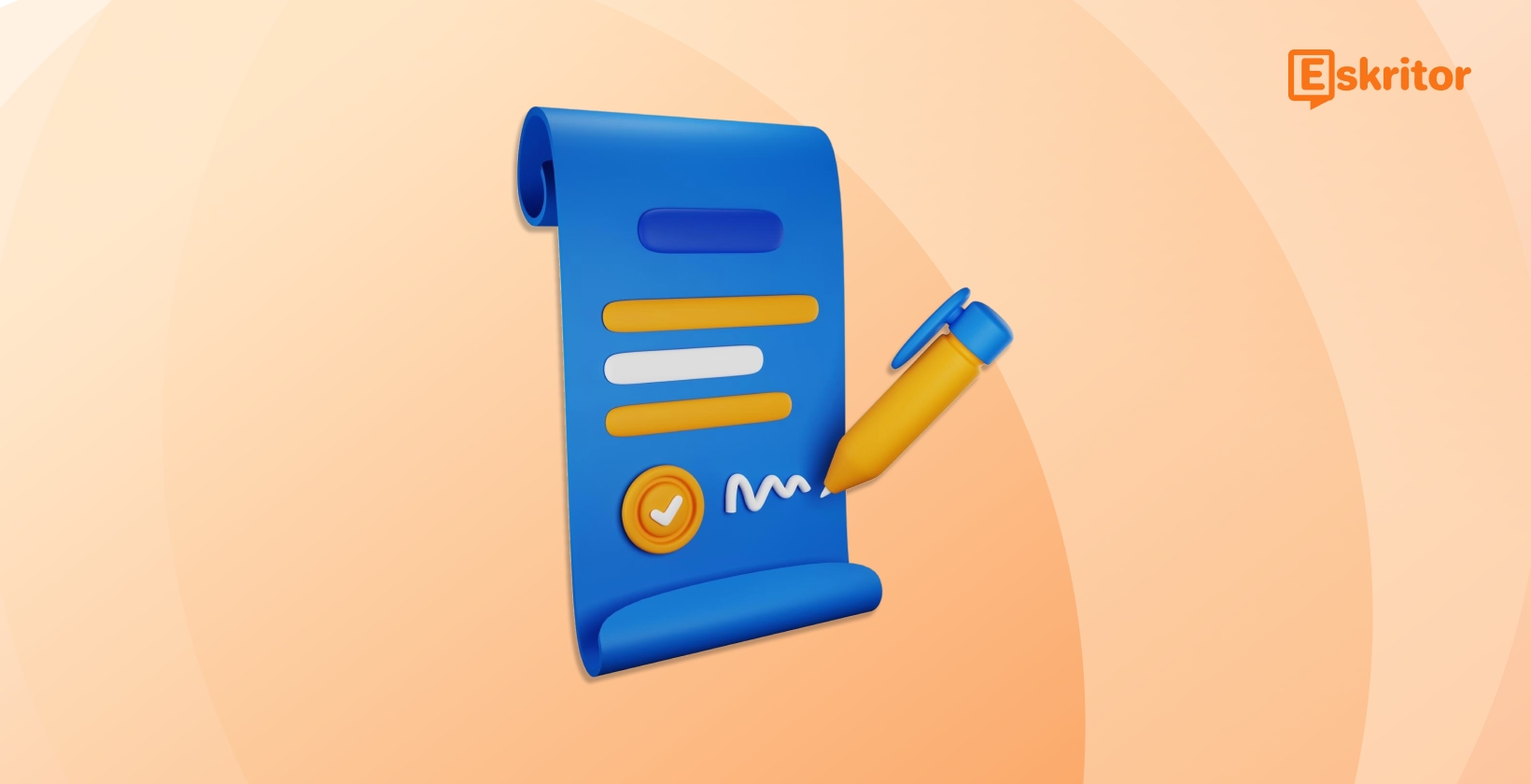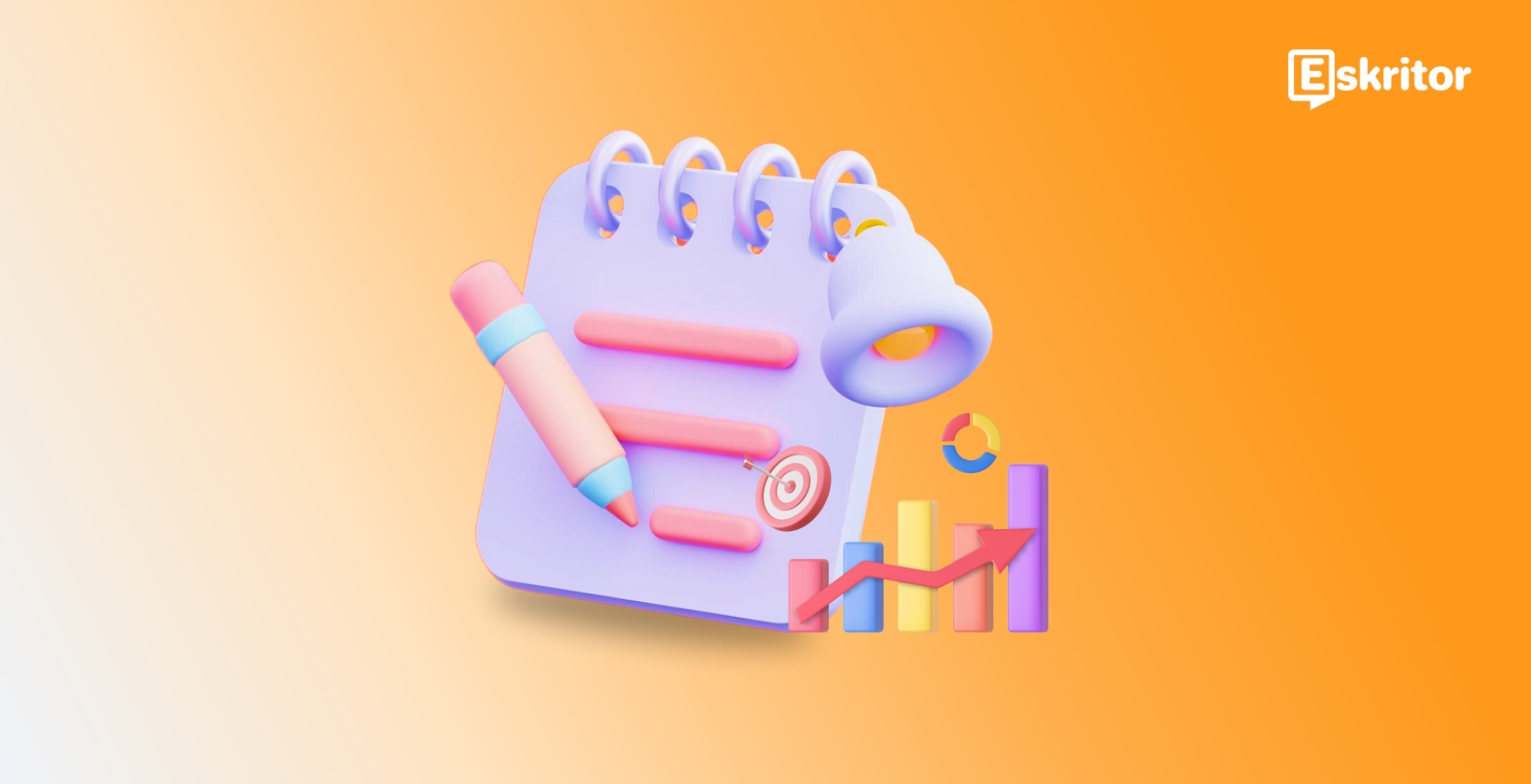The Best AI Novel Writing Software for Aspiring Authors
The publishing market has seen countless inventions over the years, but several have sparked the maximum amount of awareness and discussion as ai novel generators. With developments in synthetic intelligence, resources capable of generating whole books from simple insight have created their way onto the scene. Their rise is increasing crucial questions—is this engineering set to revolutionize writing, and could it certainly be the next large issue?

AI novel generators utilize advanced device understanding types qualified on extensive datasets of literature. By considering styles, language types, and account structures, these instruments may create original stories that range from small reports to full-length novels. The possible is clear. Writers, publishers, and even hobbyists are discovering the extent to which AI can support or replace conventional novel-writing processes. Support for AI novel generators usually stalks from their power to save time. As an example, human novelists might take weeks or even years to draft a manuscript. AI, on one other give, can spin out an initial draft within minutes. While an AI-created draft will more than likely involve revisions and polishing from a human editor, the performance can not be ignored. The convenience of AI resources is still another benefit. Emerging authors, who may battle with writer's block or absence intensive training in story developing, usually find price in using AI to brainstorm or framework ideas. By providing advice on plots, character arcs, and also sentence structure, AI is making storytelling more approachable than actually before. On one other give, experts argue that AI story turbines can't replicate the depth of human creativity. Literature is, at their primary, an emotional art type, frequently reflecting the nuances of human experience. AI tools, despite their sophisticated algorithms, lack real belief or national context. The effect is frequently reports that sense hollow or formulaic, missing the rich imagination characteristic of great writers. There's also the moral question regarding authorship and originality. If a person requests an AI to publish a book, who ought to be credited as the writer? Furthermore, issues regarding trademark infringement develop, as AI tools in many cases are qualified on present performs, increasing issues about the individuality of the output.

Inspite of the issues, the demand for AI novel machines keeps growing steadily. Several view these methods never as substitutes for writers but as collaborative partners, just like how spellcheck or grammar methods help with editing. Just like contemporary experts embraced systems like word processors previously, AI can only symbolize the next thing in the development of publishing and publishing. If AI novel machines will reshape publishing remains uncertain. Nevertheless, a very important factor is clear—they're moving the boundaries of imagination, sparking conversations, and providing us a view of how engineering and art may coexist in the future.